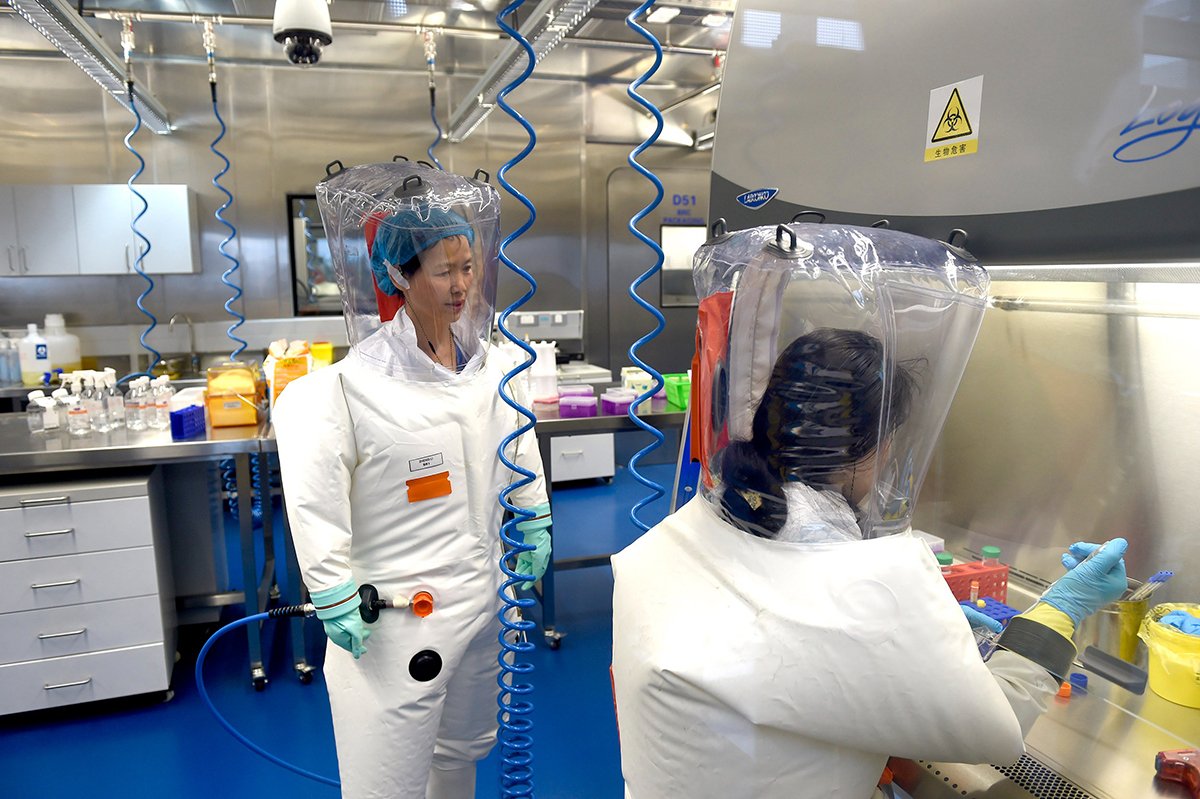The debate over the origins of the coronavirus has largely been conducted in the West, despite the fact that the pathogen originated in the Chinese city of Wuhan.
Chinese authorities have officially maintained a vague stance, meant largely to deflect criticism. Meanwhile, scientists who may hold clues to how the pandemic began — likely sometime in late 2019 — appear to have been silenced.
That changed ever so slightly this week, when George Gao, the former head of the Chinese Center for Disease Control and Prevention, offered his thoughts on the contentious question to a BBC podcast.
It may not seem like much, but Gao was clearly acknowledging that the coronavirus could have emerged as a result of a laboratory accident at the Wuhan Institute of Virology.
The remarks came in a new BBC podcast, “Fever: The Hunt for Covid’s Origin.”
Initially, most scientists thought the virus originated at a wildlife market in Wuhan. But gradually, opinion has shifted toward the likelihood of human error.
China has strenuously denied that such a “leak” took place, and Gao did not present any evidence to counter those denials. But he also did not make such a denial himself when presented with the chance to do so.
Lab leak proponent and former National Security Council official Jamie Metzl told Yahoo News that he could not recall another Chinese scientist making a similar concession.
“At least on the surface, he has been pretty honest and straightforward from the beginning,” Metzl said of Gao. “My personal sense is that he is trying to maintain scientific credibility while not overly upsetting the Chinese government.”
In fact, Gao may have even been encouraged by Beijing, speculates Richard Ebright, a Rutgers molecular biologist and an outspoken lab leak proponent. “Gao’s statement may have been authorized by China’s government and thus may augur a change in China’s government’s stance on the subject,” Ebright told Yahoo News.

























